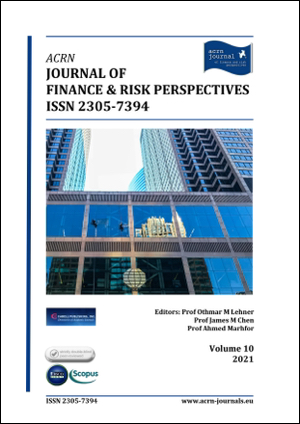
Diogo Silva*, António Cerqueira, Elísio Brandão
School of Economics and Management, University of Porto
Abstract
The main purpose of this study is to address the association between investors’ divergence of opinion (DIVOP) and stock mispricing for UK firms listed in the London Stock Exchange Market. Previous research on this topic has provided mixed results. Some studies provide evidence consistent with the overpricing hypothesis, which indicates that DIVOP leads to overpricing because the market overweighs the most optimistic valuations, since optimistic investors can always buy a stock but pessimistic investors can only sell a stock if they already own it or need rely on short-selling, which has costs. Other studies support the underpricing hypothesis, which proposes that DIVOP works as a price risk factor that generates underpricing. We develop an empirical analysis that do not depend on the interpretation of abnormal future stock returns to assess contemporaneous mispricing. We use five explicit measures of mispricing. Also, to safeguard the development of a comprehensive study, we use three kinds of proxies of DIVOP, based on idiosyncratic volatility, dispersion in analysts’ forecasts and unexpected trading volume. The results show a positive significant association between DIVOP and stock mispricing on a yearly basis. This association is stronger for underpriced stocks, which is consistent with the underpricing hypothesis, and indicates that DIVOP signals risk. An implication of this study is that firms have incentives to provide high-quality and explicit information to limit DIVOP and avoid being underpriced.
Keywords: Divergence of opinion, Stock mispricing
JEL classification: G14
Back to Volume 10